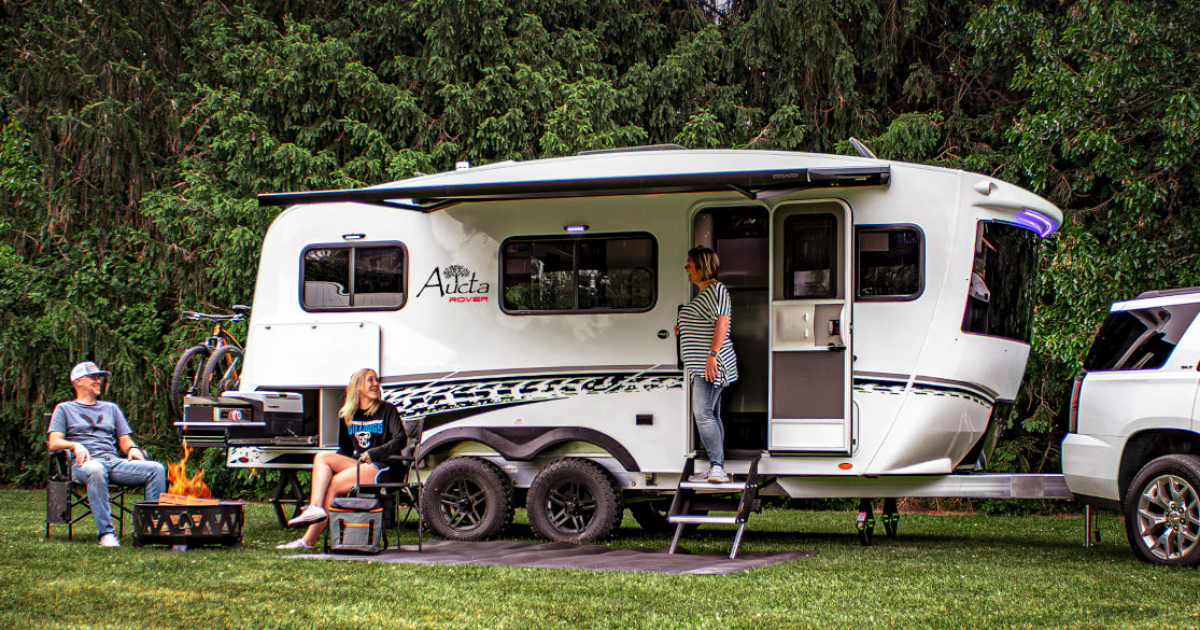In a show of how far things have come in a few short years, the FAA has grounded SpaceX’s Falcon 9 rocket after one failed during a powered landing attempt on August 28, 2024 after the successful launch of 21 Starlink satellites. It’s the first unsuccessful landing for SpaceX since 2021.
On Wednesday, the US FAA issued a statement that the Falcon 9 booster rocket has been grounded pending an official investigation of the crash incident. The launch of the latest Starlink satellite constellation took off without difficulties from Space Launch Complex 40 at Cape Canaveral Space Force Station in Florida at 3:48 am EDT (07:48 GMT). The booster achieved successful second stage separation and the payload reached its proper orbit.
The problem came 8.5 minutes into the mission, just as the Falcon 9 first stage, tail number B1062, made a powered descent to the landing barge “A Shortfall of Gravitas.” The rocket had already made 23 successful landings, but this time something went wrong. Immediately after touching down on the deck of the barge, there was a flash from the Merlin engines and the vehicle toppled over before being engulfed in flames.
The failure came after a string of 267 successful landings by SpaceX, not counting boosters that were deliberately expended. The last accidental loss before this was on February 16, 2021.
What’s remarkable about this mishap is how it shows how fast the field of rocketry has progressed in a very short time. Eight years ago, just being able to land a rocket at all to recycle it for later flights was a nine-day wonder. The mere fact that it happened at all made headlines and the crashes and failures were expected.
Now the FAA is treating Wednesday’s crash as if it was never supposed to happen. Under US regulations, any flight that ends in a mishap instead of as according to the filed flight plan must be investigated as a matter of course. As far as the agency is concerned, the loss of a space rocket is the same as the undercarriage buckling under a one-seater prop plane during a botched landing.
SpaceX
In other words, what was once a sensation is now a matter of paperwork and routine.
“The FAA is aware an anomaly occurred during the SpaceX Starlink Group 8-6 mission that launched from Cape Canaveral Space Force Station in Florida on August 28,” said the FAA in a prepared statement. “The incident involved the failure of the Falcon 9 booster rocket while landing on a droneship at sea. No public injuries or public property damage have been reported. The FAA is requiring an investigation.”
“A return to flight of the Falcon 9 booster rocket is based on the FAA determining that any system, process, or procedure related to the anomaly does not affect public safety,” the statement added. “In addition, SpaceX may need to request and receive approval from the FAA to modify its license that incorporates any corrective actions and meets all other licensing requirements.”
After a successful ascent, Falcon 9’s first stage booster tipped over following touchdown on the A Shortfall of Gravitas droneship. Teams are assessing the booster’s flight data and status. This was the booster’s 23rd launch.
— SpaceX (@SpaceX) August 28, 2024
In an X (formerly Twitter) post, SpaceX said, “After a successful ascent, Falcon 9’s first stage booster tipped over following touchdown on the ‘A Shortfall of Gravitas’ droneship. Teams are assessing the booster’s flight data and status. This was the booster’s 23rd launch.”
The grounding could affect future launches, including the Polaris Dawn private spacewalk mission, which uses the Falcon 9. The flight has already been delayed due to a helium leak in a ground system and now cannot launch before Monday because of bad weather in the splashdown zone where the Dragon capsule would have to land in the event of a launch abort.
How soon the Falcon 9 issues can be resolved is up to what agreement can be met between the FAA and SpaceX.
Source: SpaceX







